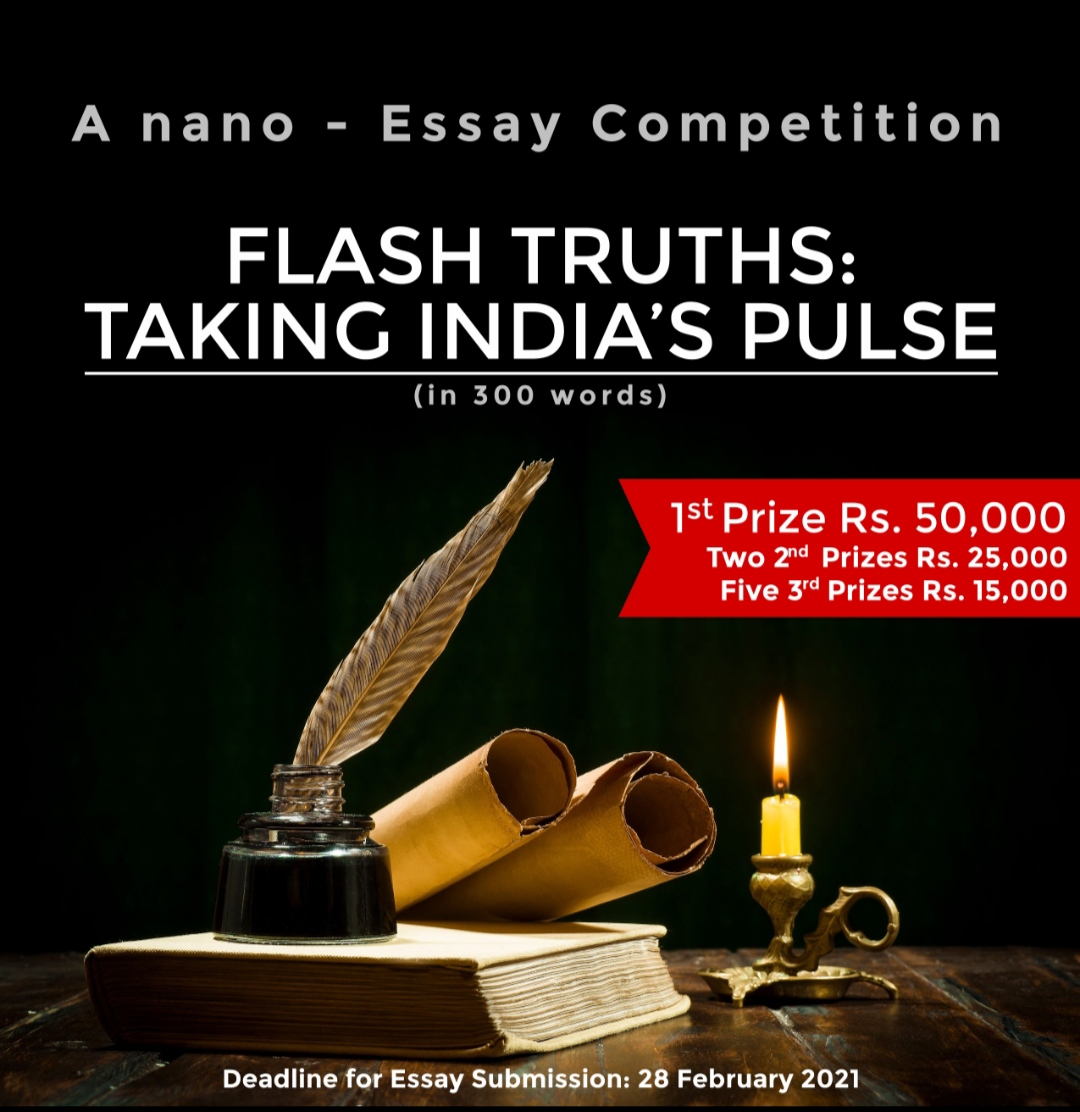Shane Warne is a poet on the cricket field, an oaf off it. His enduring contribution to public life may be to have laid to rest the sporting chestnut that a player’s behaviour is as important as his performance.
Warne has text messaged his way into being a laughing stock, foolishly been involved with Indian bookmakers and drugs, cheapened his marriage into the stuff of gossip magazines and taken a record number of wickets.
Yet he remains an epic celebrity whose cricket talent is enough to overcome his epic laddish boorishness, so much so that a lucrative television career lies ahead.
Australians now clearly prefer a lot of villain in their sporting heroes: sportsmen (but not sportswomen) such as Warne, Lleyton Hewitt, Willie Mason and the like can get away with murder – provided they win. Victory, and victory alone, seems to have become the Holy Grail of Australian sport.
But the fans’ ability to forgive a hero’s transgressions fits easily into an Australia that appears to many to be less fair than a generation ago when decency and fair play, both on and off the field, were part of the tacit contract between an adoring public and its favourite athletes.
The change from competition for competition’s sake to victory-or-death is accepted as part of sport’s growing corporatisation and the need for a good return, whether funded by taxpayers or sponsored by private companies.
Sport as a dynamic market economy runs into problems when it is forced to jettison old-fashioned values based on the sort of acceptable behaviour that societies built up over the years and used in various sports to teach their young and exhaust young adults, and entertain older citizens.
Over hundreds of years, an intricate system of hurdles and rituals has been prescribed to keep sporting endeavours fair, honest, time consuming, entertaining and educational. But winning at any cost means ditching a sense of fair play and eliminating anything that stands in the way of victory.
Why else would Ian Thorpe have been allowed to take Craig Stevens’s place on the blocks in the 400-metre freestyle at the Athens Olympics after the world record-holder was disqualified at the Olympic trials in March 2004 for breaking a start?
Yet the mad rush to the winner’s dias was not always so. People once proudly knew the names of Australians who won silver and bronze medals, or came equal fifth in the Brownlow or lost a quarter final at Wimbledon.



